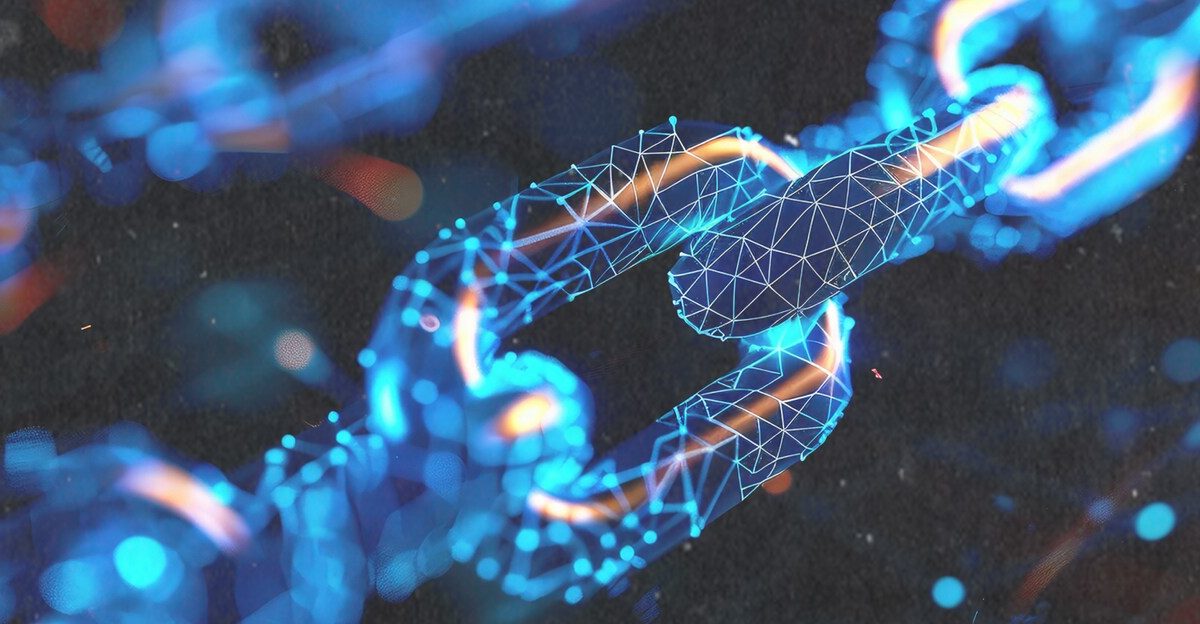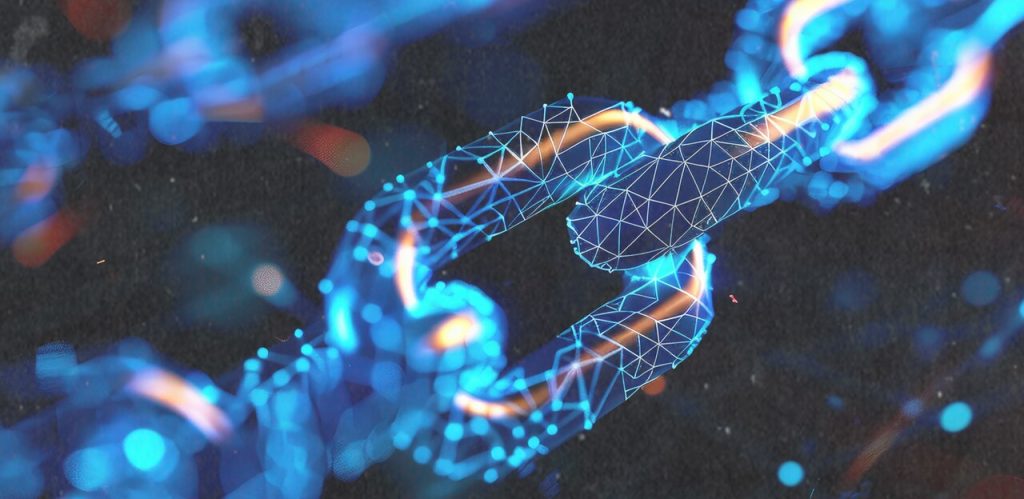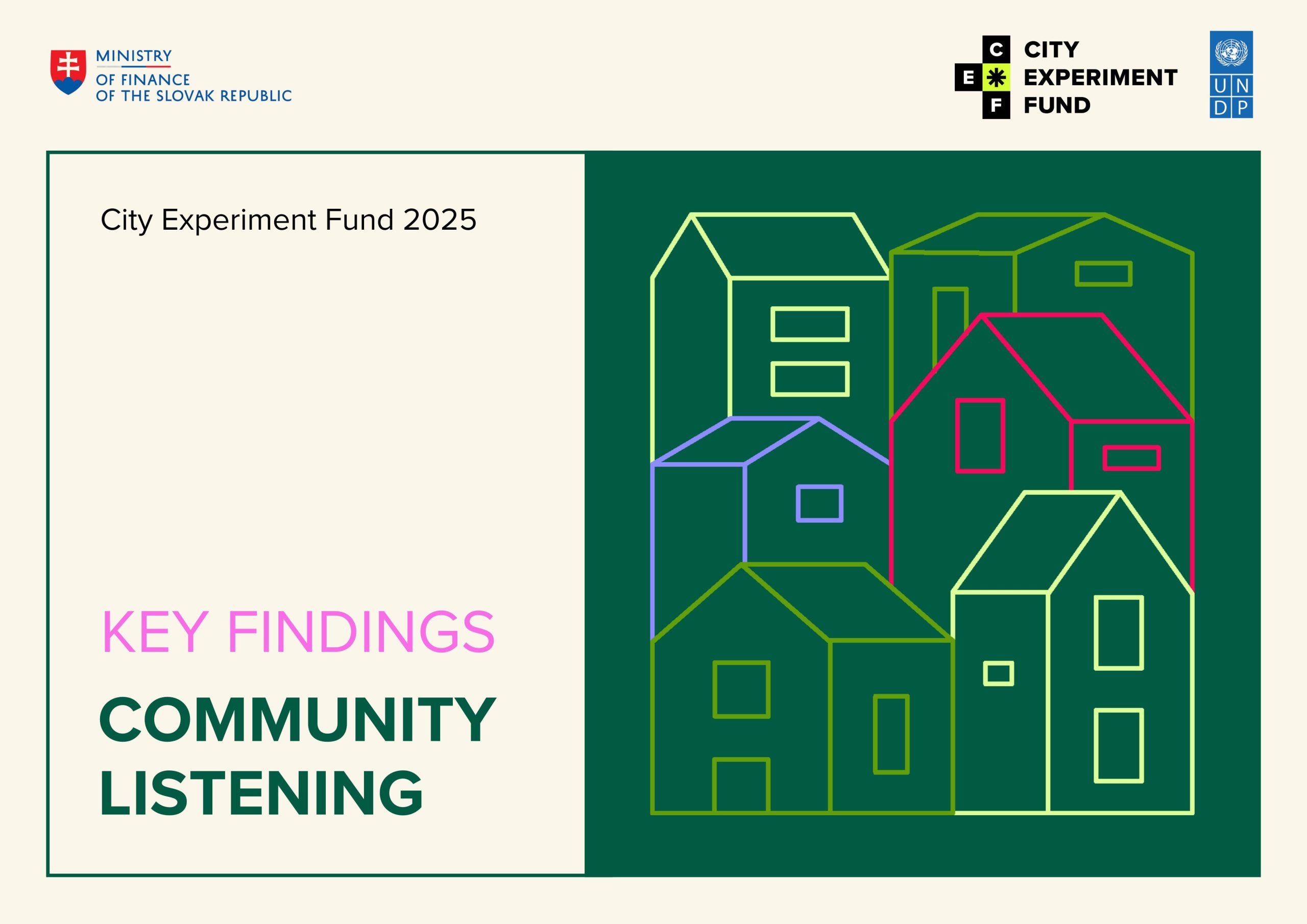
Call for Applications: Blockchain Academy 2026
Transform the future of the SDGs with hands-on blockchain skills Are you ready to harness the power of blockchain to accelerate innovation and solve real-world […]


UNDP Armenia is in the process of starting a partnership with Plastiks to address the country’s underdeveloped recycling infrastructure by piloting a blockchain-based model that incentivizes plastic recovery through verified plastic credits.
This collaboration is part of the inaugural SDG Blockchain Accelerator, led by the UNDP Alternative Finance Lab, Blockchain4Good Alliance, and EMURGO Labs, joined now also by the FLock Technology Holdings and Stellar Development Foundation. The Accelerator is made possible through catalytic funding from the Cardano treasury, through Project Catalyst, alongside other partner contributions.
In a three-month co-design phase, Plastiks will prototype a solution that integrates traceability, transparency, and economic incentives. This initiative coincides with their migration to the Cardano blockchain, a strategic move that strengthens blockchain-verified impact, drives adoption, and ensures long-term scalability for plastic recovery ecosystems.
By introducing verified plastic credits into Armenia’s recycling ecosystem, the partnership aims to deliver measurable impact and establish a replicable model for other regions facing similar infrastructure gaps.
In two Armenian towns of 40,000 residents, Plastiks and UNDP Armenia will co-develop a pilot project that introduces verified traceability and impact certification into the local recycling ecosystem.
The initiative will serve as a testbed for how plastic credits, each backed by evidence and anchored on blockchain, can incentivize proper waste management, engage communities, and prepare the ground for future Extended Producer Responsibility (EPR) compliance.
“This pilot will pave the way for a smarter, greener waste system in Armenia. By testing blockchain-based tools, the initiative will help create a certifiable, transparent, and traceable system that empowers local waste recovery operators with new financing opportunities, while giving the government reliable, verifiable and transparent data on recovery of plastics and other recyclables,” Nelli Minasyan, Project Coordinator, UNDP Armenia
The pilot tackles a key challenge: the lack of verifiable recovery data. With Plastiks’ system, every action is documented, photo, GPS, timestamp, and stored immutably. Key features of the Armenia pilot:
This model doesn’t just improve waste management, it creates a foundation for data-driven accountability, incentive alignment, and inclusive environmental action that can scale across regions.
The SDG Blockchain Accelerator is an initiative that aimsto fast-track blockchain solutions for real-world challenges tied to the UN Sustainable Development Goals (SDGs).
In its first cohort, 13 global teams, each pairing a UNDP office with a blockchain innovator, co-designed systems that bring traceability and accountability to areas like:
Plastiks x UNDP Armenia is one of these pilots, developing a blockchain-based model for verifiable plastic recovery that supports future Extended Producer Responsibility policy and ESG engagement.
This isn’t just about testing tech, it’s about setting a global standard for traceable, inclusive development.
With EPR law adoption on the agenda, Armenia must build systems to track and enforce plastic recovery. But like many countries, it faces a gap between policy goals and technical infrastructure.
The Plastiks x UNDP Armenia pilot aims to bridge that gap, creating a blockchain-based model that’s transparent, verifiable, and ready for national scale.
Why it matters:
This isn’t just a local fix, it’s a replicable model for countries needing traceable, policy-aligned recovery systems.
Plastiks brings a proven, globally scalable system for verified plastic recovery, already used across 20+ countries and backed by nearly 3 million kg of verified impact.
Our solution is built on a 3-step accreditation methodology:
“This pilot with UNDP Armenia is a milestone in showing how traceability and verified plastic recovery can reshape waste management systems. We’re not only supporting Armenia’s recycling efforts, we’re building a model that UNDP can replicate globally to accelerate the circular economy,” Andre Vanyi-Robin, CEO & Founder of Plastiks.
Each verified action generates a Plastic Credit, a digital certificate tied to a real recovery effort and a pre-defined impact roadmap. To further strengthen environmental alignment, Plastiks is migrating to the Cardano blockchain, known for its low energy use and high security, making it ideal for circular economy infrastructure.
Over the next 3 months, Plastiks and UNDP Armenia will pilot a blockchain-based system to track plastic recovery in real time, testing stakeholder onboarding, live credit issuance, and a full impact dashboard aligned with upcoming EPR laws.
The goal? A scalable model for national EPR infrastructure that can be replicated across Armenia and beyond.
This pilot lays the foundation for:
RELATED POSTS

Transform the future of the SDGs with hands-on blockchain skills Are you ready to harness the power of blockchain to accelerate innovation and solve real-world […]

UNDP’s Alternative Finance Lab (AltFinLab), in collaboration with the Algorand Foundation, is excited to open applications for the second global cohort of the Blockchain Academy […]

How do cities understand the needs of their citizens – and turn those insights into meaningful action? As part of the 2025 cycle of the City […]